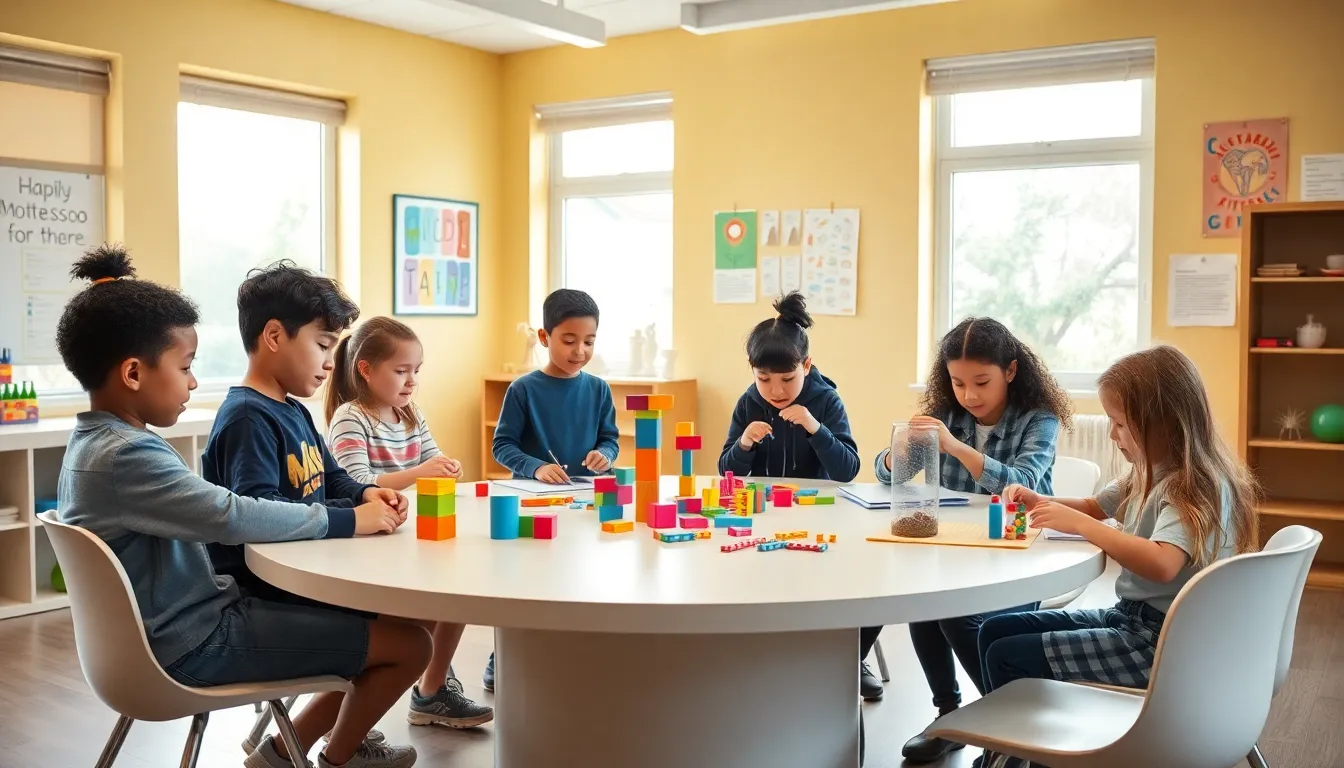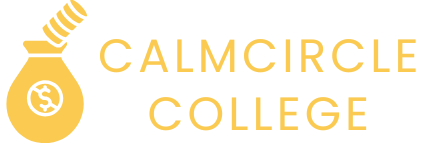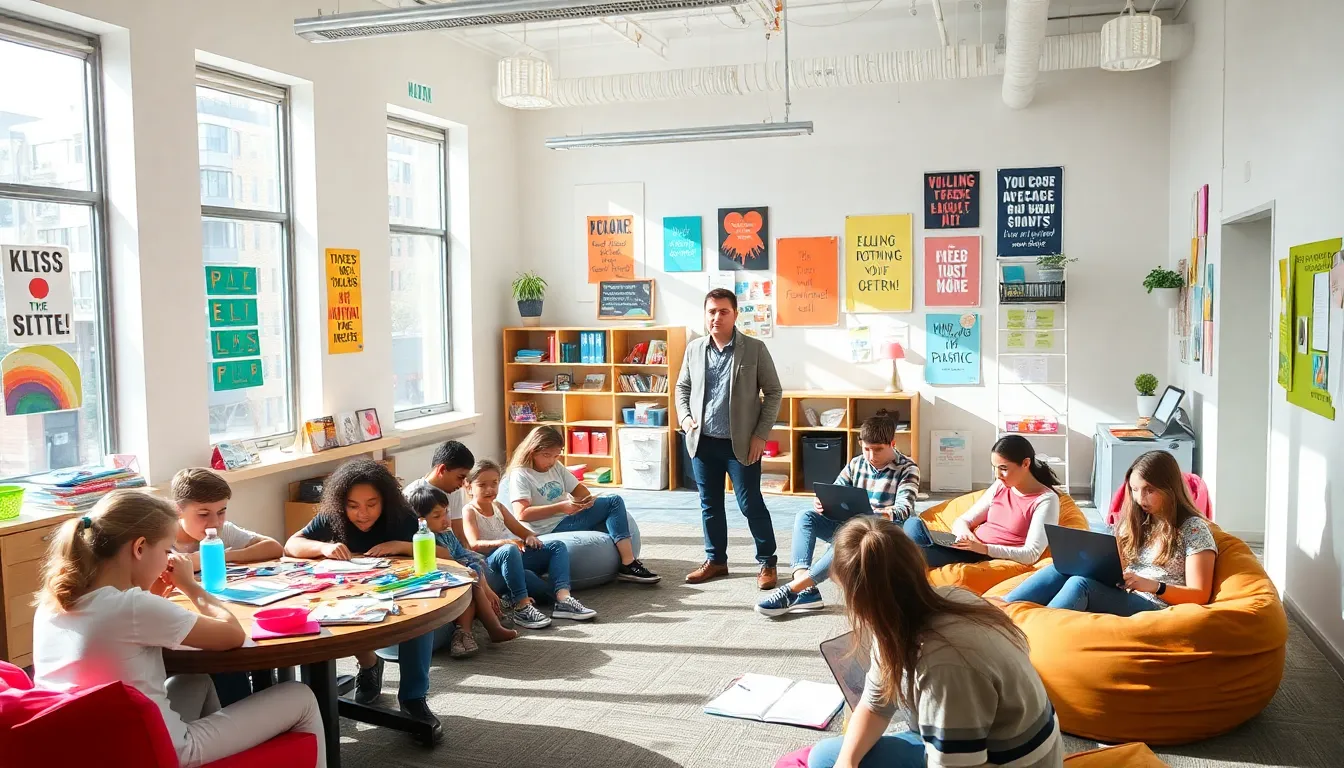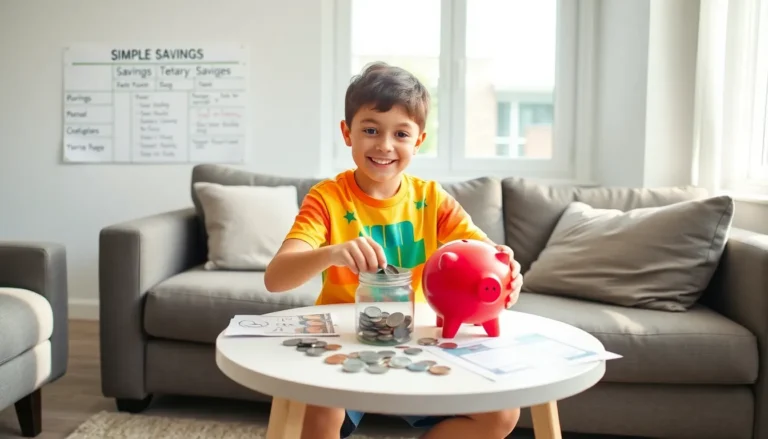In a world where traditional education often feels like a one-size-fits-all sweater that’s a bit too itchy, alternative education academies offer a refreshing breeze of flexibility and innovation. Picture this: learning isn’t confined to dusty classrooms or rigid curriculums. Instead, it’s a vibrant tapestry of experiences designed to ignite curiosity and foster creativity. So, if you’re wondering what this whole alternative education thing is about, and whether it feels less like high school detention and more like educational freedom, stick around. This article dives into what alternative education truly means, the various models employed, some glorious benefits, and the bumps along the road. Let’s journey into the world of alternative education academies that might just reshape the learning experience as we know it.
Table of Contents
ToggleWhat Is Alternative Education?

Alternative education refers to educational practices that diverge from traditional methodologies, offering innovative approaches tailored to diverse learning styles and needs. It emphasizes individualized learning and often integrates hands-on experiences with academic concepts. At its core, alternative education champions flexibility, allowing students to explore subjects they are genuinely passionate about rather than being tethered to a strict curriculum. Various educational philosophies inspire these academies, such as Montessori, Waldorf, and unschooling, each providing a unique twist on how knowledge is imparted and absorbed.
Essentially, alternative education invites learners to take charge of their educational journey, moving away from the typical classroom setting. Imagine learning through projects, experiences, and real-world applications instead of passive note-taking. This model caters to students who may not thrive in conventional schools, offering a pathway that aligns with their interests and objectives.
Types of Alternative Education Models
When it comes to alternative education, variety is the spice of life. There are several models to choose from, each suited for different kinds of learners, making it easy to find one that resonates with a student’s unique style. Here’s a snapshot of some popular types:
Montessori Schools
The Montessori approach emphasizes independence, freedom of choice, and hands-on learning. Classrooms are designed to allow students to move about freely, engaging with materials at their own pace. Teachers act as guides rather than traditional instructors.
Waldorf Schools
Founded on the principles of creativity and imagination, Waldorf education integrates arts and academics, fostering holistic development. This model believes that education should nurture not just the mind but also the heart and hands.
Unschooling
Unschooling takes a radically different route, emphasizing child-led learning. Instead of a set curriculum, students explore their interests, guided by passions and natural curiosities. This model prioritizes experience over traditional academic milestones.
Online Learning Environments
With the rise of technology, many alternative education academies now offer online platforms that provide structured courses while allowing students to learn at their own pace. These environments often blend traditional subjects with modern skills like coding and digital literacy.
Experiential Learning
Some alternative programs focus on experiential learning, where education happens through experiences such as internships, travel, or community service. This model connects academic lessons with real-world situations, fostering practical knowledge and skills.
These diverse models showcase how alternative education doesn’t necessarily adhere to the conventional routes, offering personalized avenues to cultivate knowledge.
Benefits of Attending an Alternative Education Academy
Choosing an alternative education academy can unlock a treasure trove of benefits. These academies cater to individual learning styles, making education more relevant and engaging. Here are some key advantages:
- Tailored Learning Experiences: Students often thrive in environments that adapt to their specific needs. Alternative education models place emphasis on personalized learning, allowing students to explore their interests while acquiring knowledge.
- Increased Engagement: With experiential and hands-on approaches, students may find themselves more engaged and motivated. They’re not just checking off assignments, but actively participating in their education.
- Holistic Development: Many alternative education models prioritize not only academic excellence but also social and emotional growth, preparing learners for life beyond school.
- Flexibility: These academies often offer more flexible schedules and learning paths, allowing students to learn at their own pace. This adaptability can be a game-changer for those who struggle with traditional school structures.
- Building Life Skills: Beyond textbook knowledge, many alternative education programs emphasize critical thinking, creativity, and collaboration, skills necessary for success in today’s world.
Overall, alternative education academies can provide a fulfilling and enriching educational journey, equipping students with tools to navigate their future.
Challenges Faced by Alternative Education Academies
While alternative education academies offer an exciting alternative, they are not without their challenges. Here are a few potential hurdles:
- Funding Issues: Many alternative schools operate on limited budgets and may struggle to secure sustainable funding, which can affect resources and educational quality.
- Societal Perceptions: There can be a stigma attached to alternative education, with skepticism from those who believe traditional schooling is the only legitimate form of education.
- Lack of Standardization: Because alternative education is so diverse, some academies may lack standardization, leading to discrepancies in educational quality.
- Resource Accessibility: Depending on location, some students may not have easy access to high-quality alternative education options, which limits their choices.
- Regulation Challenges: Navigating educational regulations can be tricky for alternative education providers, particularly when it comes to meeting state and national standards.
Even though these challenges, many alternative education academies continue to thrive by adapting their approaches and demonstrating the value they bring to the educational landscape.
How to Choose the Right Alternative Education Academy
Selecting the right alternative education academy can feel like searching for a needle in a haystack at times, but it doesn’t have to be overwhelming. Here are some essential tips to consider:
- Define Your Goals: Before diving into options, clarify what you want to achieve. Are you looking for a nurturing environment, strong academics, or perhaps a focus on creativity? Knowing your objectives will guide your search.
- Research Different Models: Familiarize yourself with various alternative education models, as each offers distinct approaches. Consider what aligns best with your child’s learning style and interests.
- Visit Schools: Nothing beats experiencing a school firsthand. Schedule visits, attend open houses, and talk to staff and parents. This will give you a concrete feel of the academy’s culture and values.
- Evaluate Curriculum: Look into the curriculum to see if it aligns with what you’d like your child to learn. Does it encourage critical thinking and creativity? Are there experiential opportunities?
- Inquire About Support Services: Assess the support services offered, such as counseling or extracurricular activities. These can significantly enhance your child’s learning experience.
- Trust Your Instincts: Eventually, trust your gut feeling. If a school feels right, it’s likely the best fit for your child.
The Future of Alternative Education
As society evolves, so does the landscape of education. The future of alternative education appears promising, with trends suggesting continued growth. Here’s what to expect:
- Integration of Technology: Expect to see increased use of technology, with hybrid learning environments emerging as popular platforms that combine online and in-person experiences.
- Greater Acceptance: As awareness of alternative education rises, more families are likely to embrace these models, breaking down barriers and expanding access.
- Focus on Skills for the Future: Alternative education will increasingly emphasize skills like critical thinking, adaptability, and technology literacy, preparing students for a rapidly changing world.
- Community Involvement: More collaboration with local businesses and organizations may enrich learning opportunities, giving students real-world insights and experiences.
This evolution signals that alternative education is ready to take center stage, offering an exciting variety of paths for students seeking unique and fulfilling educational journeys.




